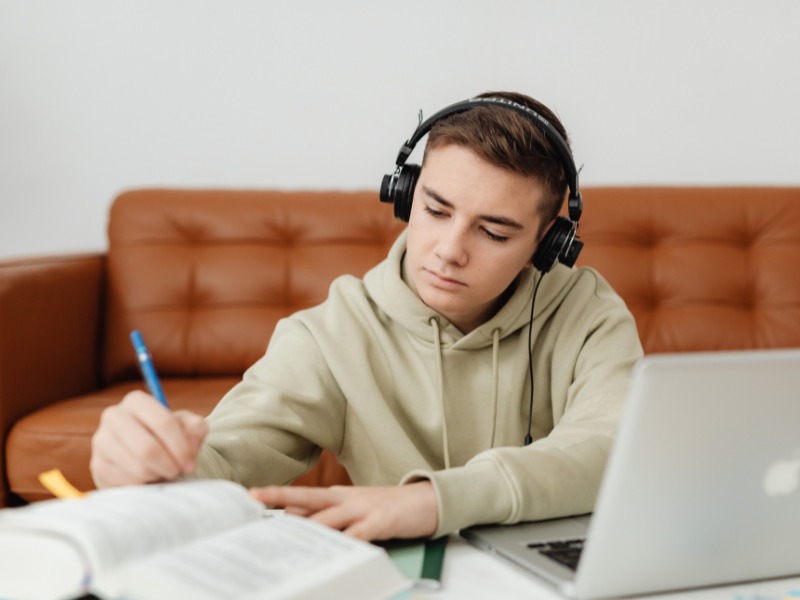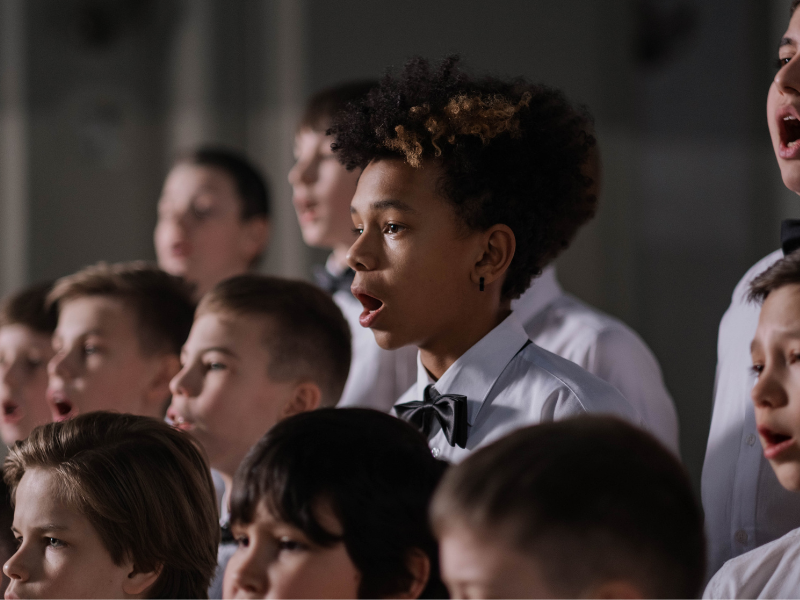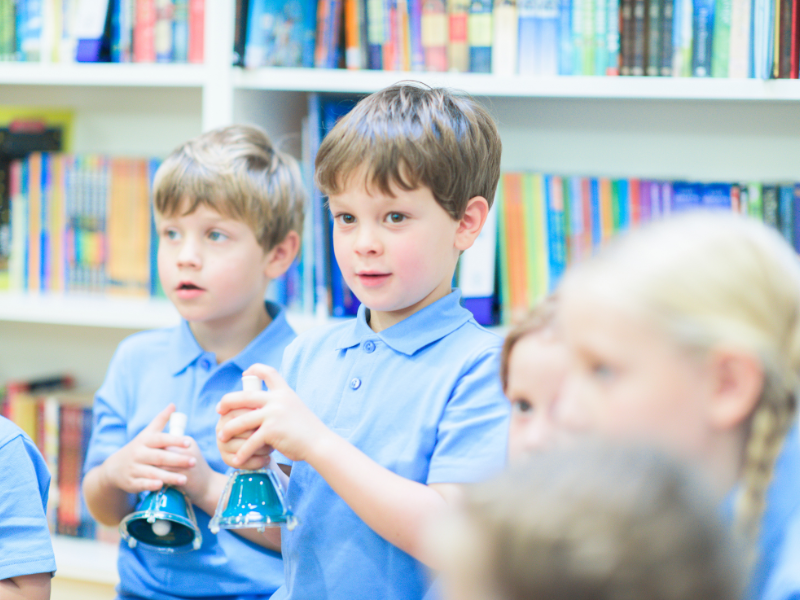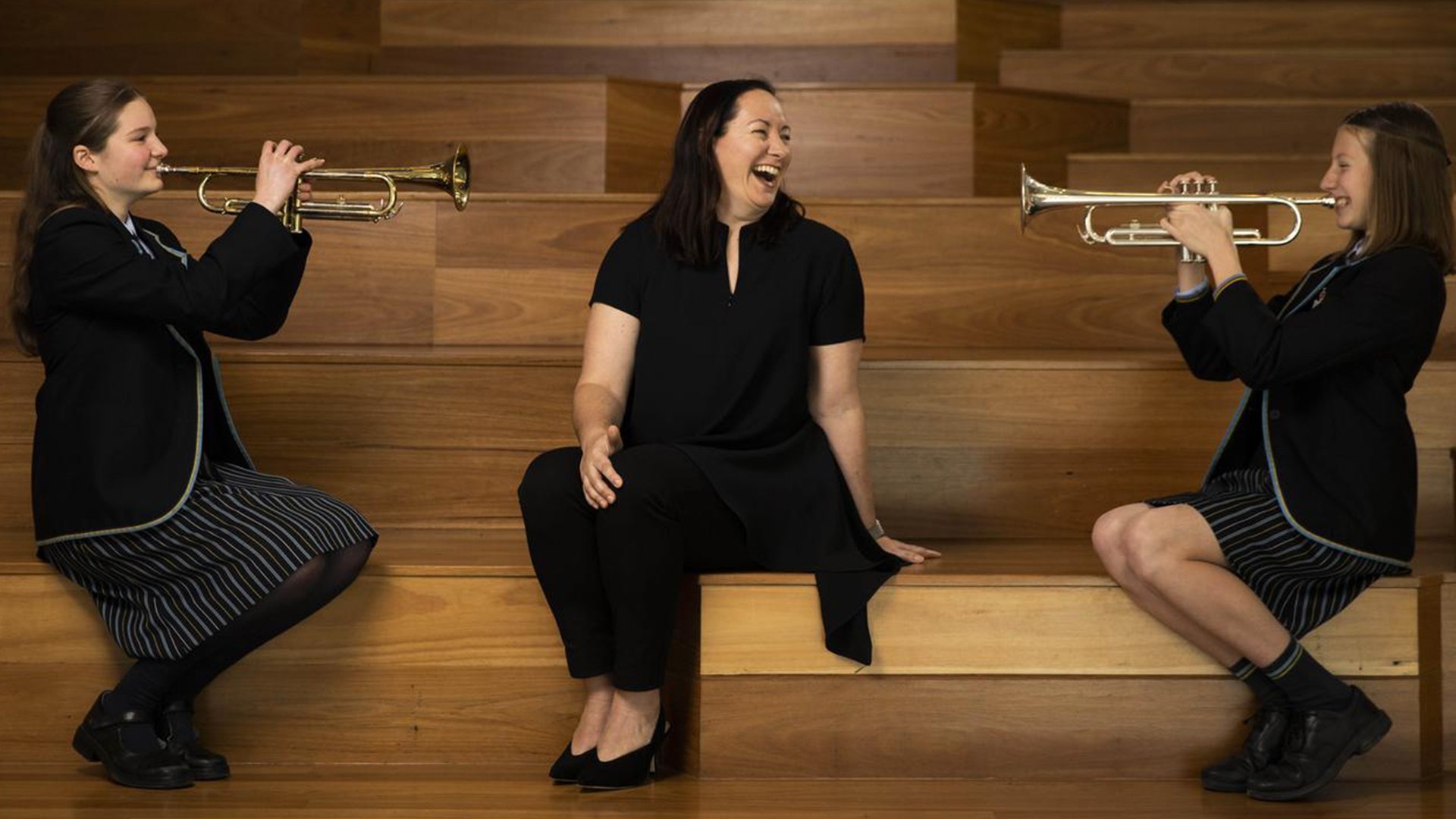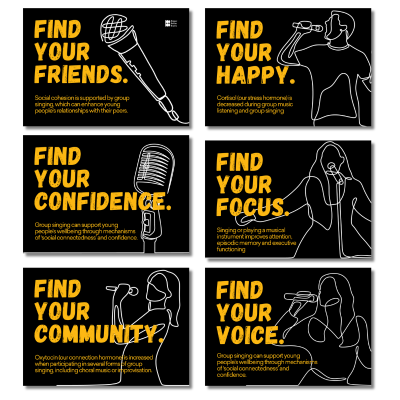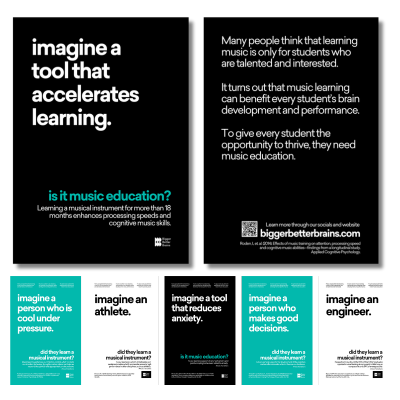
Research Updates

Here at Bigger Better Brains we believe that through educating yourself, you can then educate and affect positive change in your community.
With all of the research in the field of neuromusical science, our BBB Research section serves as a content hub for you. We regularly share findings and break down the latest research to educate and inspire discussion. We hope you enjoy this page on our website and share BBB news with your colleagues, parents and students.
- Advocacy
- Ageing
- Aging
- Attention
- Auditory Processing
- Cognitive Health
- Communication
- Community
- Dyslexia, Autism & ADHD
- Early Childhood
- Executive Function
- Fireworks
- Impulse Control
- Language & Literacy
- Memory
- Music Learning
- Music Listening
- Neural Development
- Parents
- Personality
- Productivity
- Prosocial Behaviour
- Prosody
- Reading
- Rehabilitation
- Research Bites
- Research Methods
- Research Quick Reads
- Reward
- Singing
- Social Skills
- Video
- Wellbeing & Therapy
- Working Memory
Unlocking the Connection Between Music, Memory, and Learning
Recent research from the Georgia Institute of Technology has unveiled compelling insights into how music affects learning, memory, and emotions.
How Music Fuels Memory
A recent study from Aarhus University reveals that while older adults can remember familiar music as well as younger individuals, their brains engage differently during the process.
Advocacy in Action Quiz
Take our free, 60 second quiz and maximize your advocacy impact by discovering your advocacy style and knowledge gaps.
Holiday Cheer, BBB Style: Share the Joy and the Knowledge!
Thank you for a wonderful 2024! Here’s a little gift from BBBB to you.
Depressed? Classical music could be the unexpected remedy!
Music has always been a go-to for lifting our spirits, but did you know classical music might take it a step further by actually helping treat depression?
Top 7 questions asked by students
Founder of Bigger Better Brains, Dr Anita Collins, receives hundreds of emails from students around the world asking questions about neuromusical research. So she decided to record a short video about the most asked questions she has received.
The surprising link between music and cognitive health in older adults
Can music play a role in healthy aging? According to new research, the answer might be yes.
Can Music Sync Our Heartbeats? This Study Says Yes!
Imagine sitting in a concert hall, completely immersed in the music, when something incredible happens—you and the people around you begin to breathe and feel the same rhythm.
Trick or Treat! The Halloween Themed Digital Campaign
We're thrilled to announce the launch of our Trick or Treat Digital Campaign for Halloween. Enter your email and receive the campaign now!
Tuning up our Brain for the Test
As a music teacher, how often have we heard the phrase, “I have to skip rehearsal, I have a test”? In my school, as in many schools, we have our only rehearsal time in the morning prior to school starting, and I hear this comment regularly through the school year.
Singing is not just singing, it is social glue
A new research project will investigate if singing together could be more than just a pleasant pastime; it might be a powerful tool for enhancing cooperation across various aspects of society, from classrooms to boardrooms.
Music’s Secret Genetic Power: What It Means for Language and Learning
A groundbreaking study in Nature Human Behaviour has revealed a fascinating genetic connection between musical rhythm skills and language-related traits, including dyslexia.
‘If you’re aiming for this…’ Free Digital Download
Introducing our exciting new ‘If You’re Aiming for This…’ campaign, created to help you engage with your community like never before!
Pitch Perfect: Singing Earworms Reveals Surprising Trait
Many of us have experienced those catchy tunes that get stuck in our heads, but did you know that nearly 45% of people can sing these earworms in perfect pitch?
Singing Together: How choirs boost brain health and emotional well-being
Singing in a community choir is more than just a musical activity—it's a powerful therapeutic experience
Ebook: Music benefits every child!
There is a commonly held belief that learning music should only be for those students who are identified as talented or interested. Neuromusical research has shown that music learning can benefit all students in terms of cognitive development.
'Wanna Be Like...' Olympics Edition
We're thrilled to announce the launch of our Olympics 'Wanna Be Like...' campaign, created to celebrate the excitement of the 2024 Olympic Games!
Playing music when you're older could come with brain benefits
Imagine a world without music. There are no high school marching bands, no commercial jingles, and no need for Grammy Awards. It’s a rather dreary thought, yes?
Music Education vs. Brain Training Programs
Recent research has revealed that brain training programs for children do not lead to significant improvements in real-world cognitive functions.
Could 'musical medicine' influence healthy aging?
Imagine a world where music serves as a powerful tool for healthy aging. Dr. Psyche Loui at Northeastern University explores how music strengthens brain connections, enhancing memory and emotions.
A 90-minute habit that can boost your brain and mental health!
Dr. Seinfeld's research involving participants aged 60 to 85 found that those who took piano lessons showed remarkable improvements in executive functions, attention, and inhibitory control.
Unlocking learning potential through music
Neuroscientist Nina Kraus notes that playing an instrument is one of the richest brain activities, leading to better language and reading skills.
Transformative Vulnerability
I have been privileged to walk the road with many schools as they transform their school through music learning.
The Power of Repetition
Mastering an instrument or vocal skills hinges on repetition. It's essential for improving memory and musical proficiency.
Music learning is the cheapest diagnostic tool you can find!
Music learning is the most effective way, both in terms of time and impact, to prime the brain for language learning.
7 Amazing Reasons to Introduce Music in Early Childhood Education
If you are looking to develop your child’s emotional, social, motor and cognitive skills from early childhood, then try introducing music in early educational programs. Watch this video to learn more!
How do you tell the story of your work?
As humans, we are built on stories. The stories we were told, or told ourselves, when we were young, carry through to our adulthood. We share wisdom through stories, and we teach through stories. How do we as music teachers tell the story of our work?
How Music Primes the Brain for Learning
This article delves into the transformative impact of music education, particularly for underserved students, and a strategic tool for addressing academic challenges, boosting attendance, language skills, and social integration.
Explaining music and the brain to young children
You don’t have to be a musician to reap the benefits of music. Enjoying music activates a slew of brain regions, including areas involved in hearing, movement, reward, and emotion.









